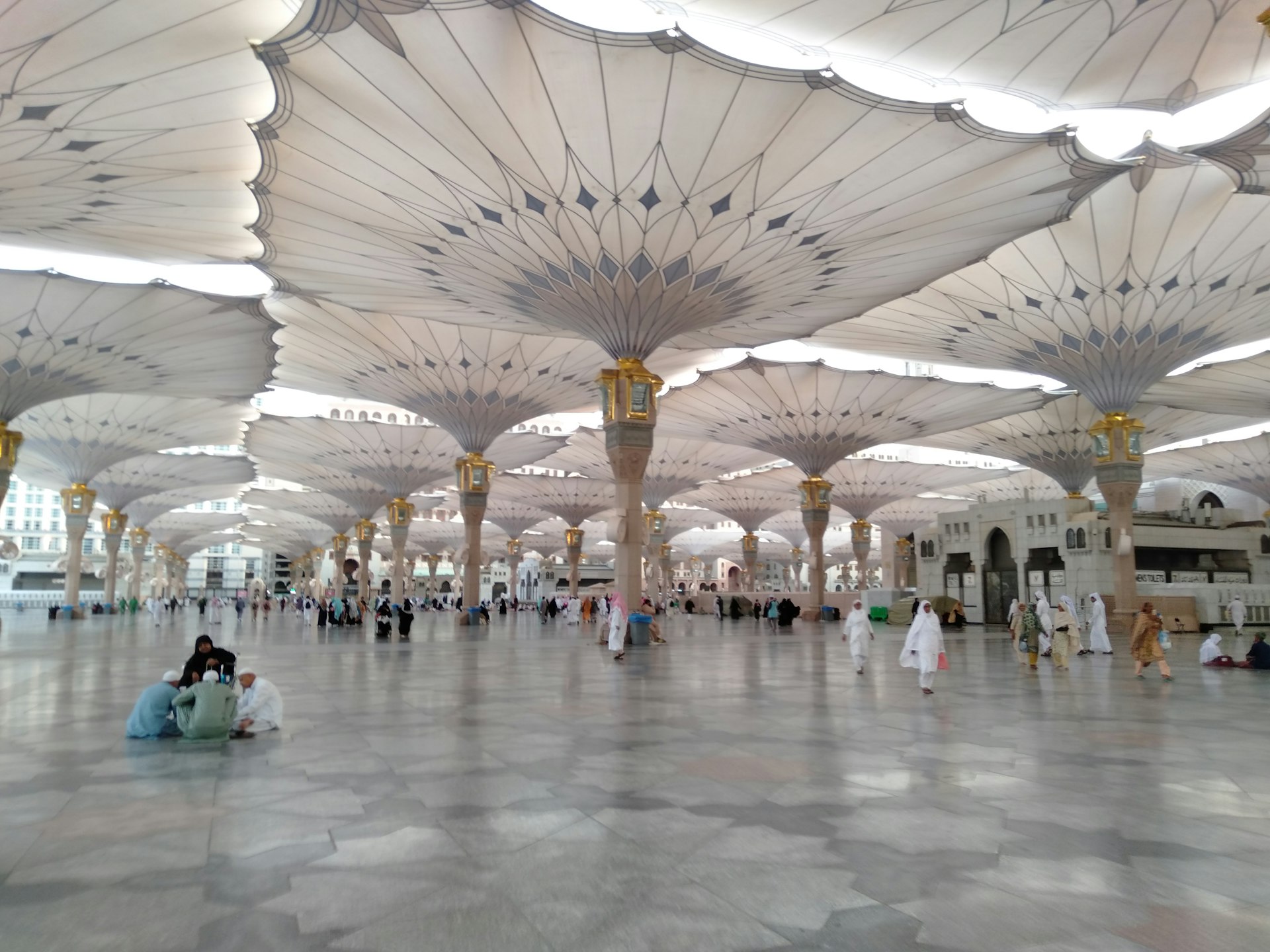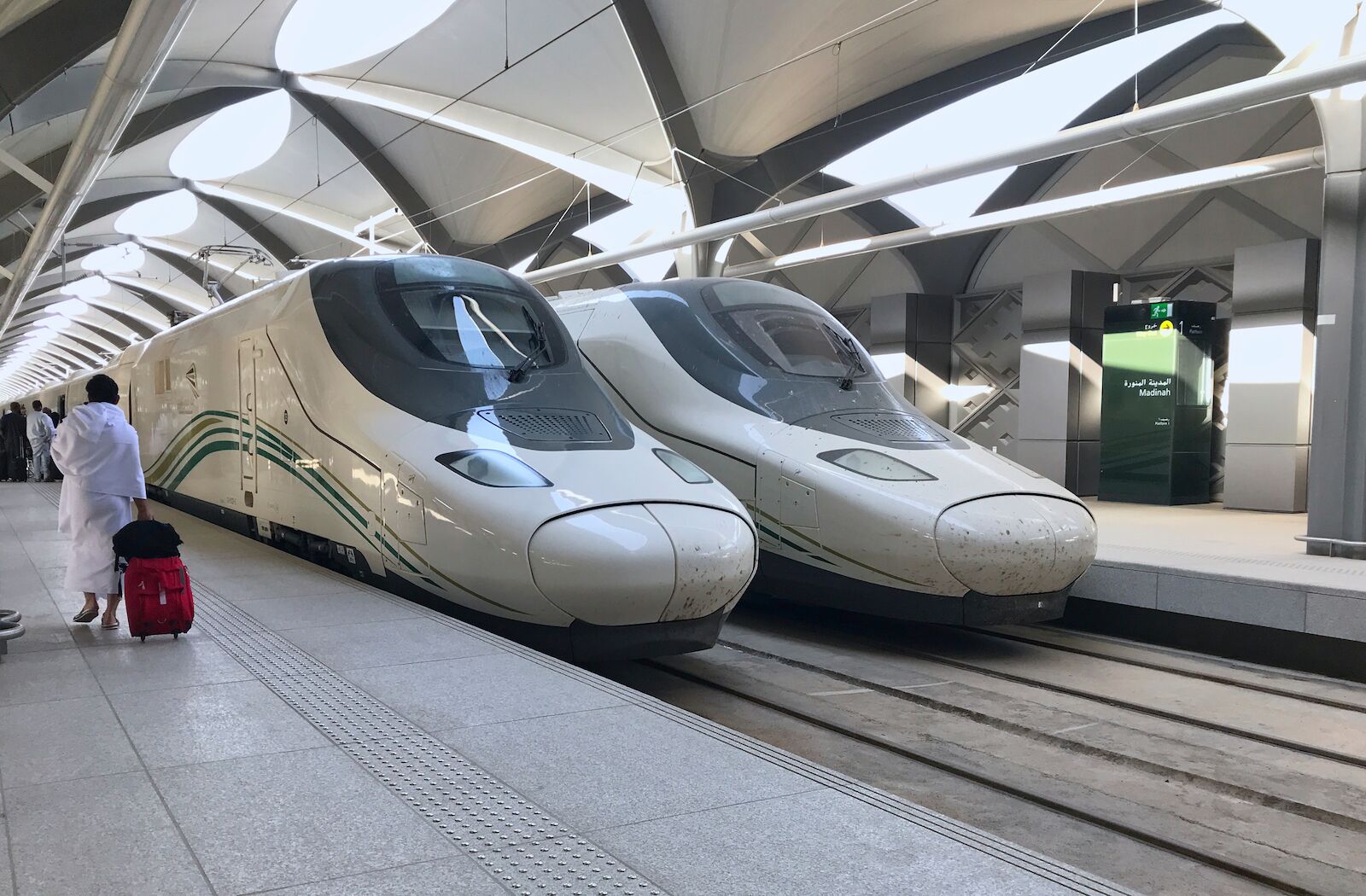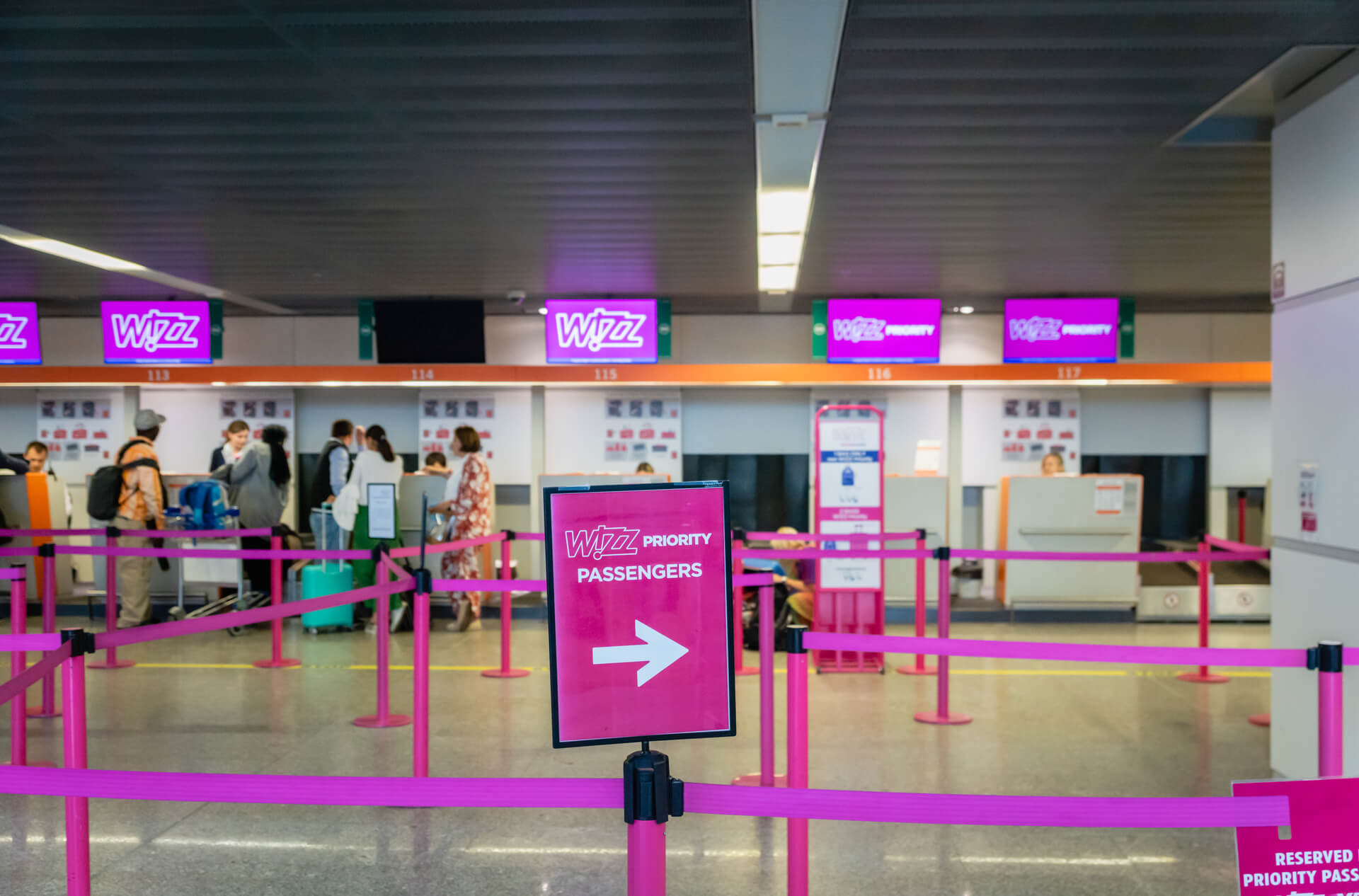A Journey of Faith, Reimagined
Across the vast expanse of human experience, certain journeys remain etched in time – rites of passage that transcend generations. Among them, the pilgrimage to the sacred cities of Makkah and Madinah is one of profound significance. For centuries, this voyage has been undertaken with devotion, yet fraught with logistical challenges and financial constraints. But now, in a moment of remarkable change, a new chapter begins.

A Flight Towards Accessibility
Like the great migratory patterns of nature, the movement of the faithful is set to shift dramatically. Wizz Air, a pioneer in budget aviation, has unveiled a bold initiative – direct flights from London Gatwick to Madinah, commencing on 1 August 2025. This development, a beacon of accessibility, opens the gates of the Prophet’s City to a broader spectrum of pilgrims, welcoming them with fares starting at a mere £233.99.
No longer must travellers endure the tedious detours of connecting flights or lengthy layovers. Instead, they will arrive at Prince Mohammad Bin Abdulaziz International Airport, just moments away from the revered Al-Masjid an-Nabawi, where the Prophet Muhammad (PBUH) rests in eternal peace.
The Path from Madinah to Makkah: A Journey Transformed
Yet, the pilgrimage does not end in Madinah – it is but a stepping stone on the road to Makkah, the heart of the Umrah journey. For centuries, travellers have undertaken arduous journeys, braving the scorching Arabian sun as they navigated winding roads by car or bus, a five-hour expedition that tested patience and endurance.
Now, with a feat of modern engineering, the Haramain High-Speed Rail has revolutionised this leg of the journey. Like the swiftest of birds soaring effortlessly across the desert, this high-speed marvel whisks pilgrims between Madinah and Makkah in just 2.5 hours. Capable of reaching speeds of 300 km/h, it offers an unparalleled blend of efficiency, comfort, and sustainability.

Boarding the sleek, aerodynamic train, pilgrims find themselves transported in cool, air-conditioned luxury, gliding through the desert landscape – a stark contrast to the trials faced by travellers of centuries past. With spacious seating, seamless ticketing, and affordability, this railway is a testament to human ingenuity, ensuring that the sacred journey remains one of devotion, not distress.
The Rise of Independent Pilgrims
With affordability comes a newfound freedom. Gone are the days when many were bound to rigidly structured package tours. Instead, pilgrims can tailor their Umrah experience to their unique needs, choosing accommodation, transport, and schedules that align with both spiritual intent and financial considerations.
This shift does not merely empower individuals – it redefines the industry. Airlines, hotels, and transport providers now stand at a crossroads, where innovation and competition are set to reshape the landscape of religious travel.
The Duality of Budget Travel: Pros and Considerations
Like all things in nature, balance must be found. For all its merits, budget travel carries trade-offs that require thoughtful consideration.
Pros ✅
✔ Affordable Access – Fares from £233.99, breaking down financial barriers.
✔ Direct Connection – Non-stop flights remove the hassle of layovers and complex transfers.
✔ Independent Travel – Greater freedom to customise accommodation and schedules.
✔ Greater Capacity – With 174,000 seats available annually, more pilgrims can fulfil their spiritual calling.
Cons ❌
✖ Minimal In-Flight Services – Economy travel comes with fewer amenities; meals, baggage, and seat selection come at an additional cost.
✖ Limited Comfort – Non-reclining seats and tight legroom could pose challenges for elderly passengers on a seven-hour flight.
✖ Baggage Fees – Unlike premium airlines, Wizz Air charges for checked luggage, potentially increasing overall costs.
✖ Potential Delays – Budget airlines sometimes experience flight delays due to their tightly packed schedules.
A Ripple Effect on the Industry
Nature teaches us that one change often leads to another. The presence of a new player in a delicate ecosystem disrupts, challenges, and compels adaptation. Wizz Air’s entry into the Umrah travel market may pressure premium airlines to lower their fares, improve services, or introduce cost-effective packages of their own.
Should this competitive shift take hold, it could benefit pilgrims worldwide, fostering a future where sacred travel is not a privilege but a possibility for all.
Final Reflection
And so, we stand at the precipice of a new era. With Wizz Air’s bold foray into direct Umrah travel, the once-distant pilgrimage grows ever closer. Coupled with the lightning-fast Haramain Rail, the barriers of time, cost, and effort are dissolving before our eyes.

This transformation is more than a mere logistical improvement – it is a testament to the enduring spirit of faith and progress. As the faithful set foot upon this sacred journey, they do so not only with devotion in their hearts, but with the wind of modernity at their backs, propelling them forward into a new age of spiritual accessibility.
For, in the grand tapestry of time, it is the convergence of past, present, and future that defines the paths we tread. And here, in the golden sands of Arabia, that path has never been clearer.